Overwatch 2 is finally getting another standard game mode since Blizzard introduced Push with the sequel’s launch last fall, and the new mode—Flashpoint—will feature some concepts many players are already quite familiar with.
The new game mode was released on Thursday, Aug. 10, alongside Overwatch season six, and introduced two new maps to the player base: New Junk City and Suravasa. Upon entering the new locations, players will quickly realize these maps are a little bit larger than your typical map, and for a good reason.
Related: Overwatch 2: Invasion story mode details, release date, new support hero, and more
Similar to a control point map, Flashpoint will have teams fight for control of a location on the map, but there’s a catch. Players won’t be going to the same spot every time, and once an objective has been captured, a new one will pop up elsewhere.
Some first-person shooter enthusiasts will find similarities to game modes in other titles, such as Hardpoint in Call of Duty, or King of the Hill in many other games. In essence, this new mode will be like a rapid-fire version of Control Point. Instead of going back to spawn in between points, players will have to navigate to the newly opened objective and claim it. The first team to capture three points wins.
What is Flashpoint in Overwatch 2?
Flashpoint is a new game mode set to release with similarities to Control Point, but on a larger scale. The mode will start with a two-map playlist, and it will be available in competitive and unranked alike. In a June 21 stream, Blizzard devs Aaron Keller and Daniel McGowan spoke about the new mode, sharing images and video of its two new maps, Suravasa and New Junk City.
Every Flashpoint match will start off with teams in opposite spawn locations, with a random point they must head toward to fight for. Just like Control Point, teams must not only win the objective, but they also need to build up control of it, which is displayed as a percentage at the top of the screen.
Once a team reaches 100 percent, they will be rewarded a tally toward their total of points captured, and a new random point will unlock for capture. There are five of them on each map; to win a match of Flashpoint, teams have to win at least three of them.
In a stream on the official Overwatch Twitch channel, Keller noted players will quickly see a difference between Flashpoint and other game modes as they travel from point to point. That’s where the true strategy comes into play.
Flashpoint: Tips and tricks
As teams go to the new objective, they will have to weigh whether or not it is worthwhile to sprint to the new point or perhaps engage their enemies in another teamfight, because more often than not, the teams will be traveling parallel to one another. I imagine, more often than not, the reality of Flashpoint will be somewhere in-between, though.
For example, if your team has almost lost control of a point in the early stages of a game, you could focus on getting early control of the next one with your whole team instead of fighting for the current one and risking death before the next point unlocks. By grouping up fully, you have a better chance of taking over the new objective together, instead of piling into a point with a team that has already hunkered down with their defenses.
There are, however, other teams that will look to engage the enemy away as both squads travel to the next available point. Heroes like Widowmaker and Hanzo can find a good vantage point and snipe out some unsuspecting squishies before they even reach the next objective making the battle uneven before it has a chance to start.
Additionally, heroes like Reaper and Sombra can find unique flank angles through these two massive maps and assassinate their opposing carries, acting as the tip of the spear for their team as they prepare to collide on the point once again.


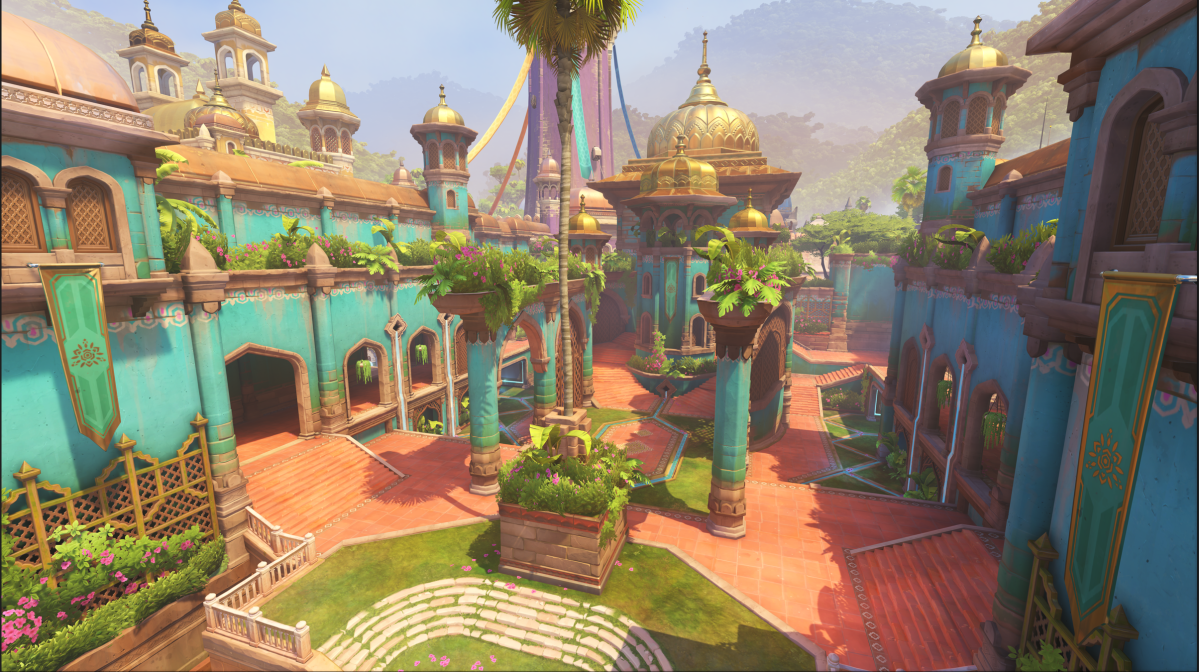
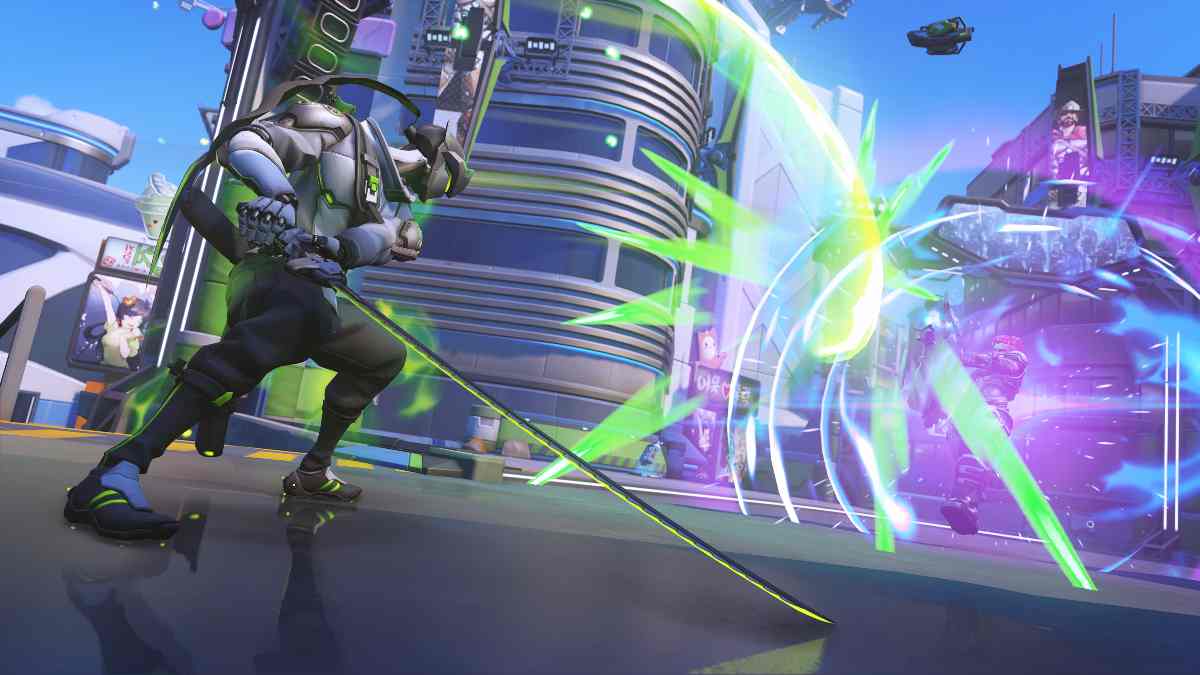
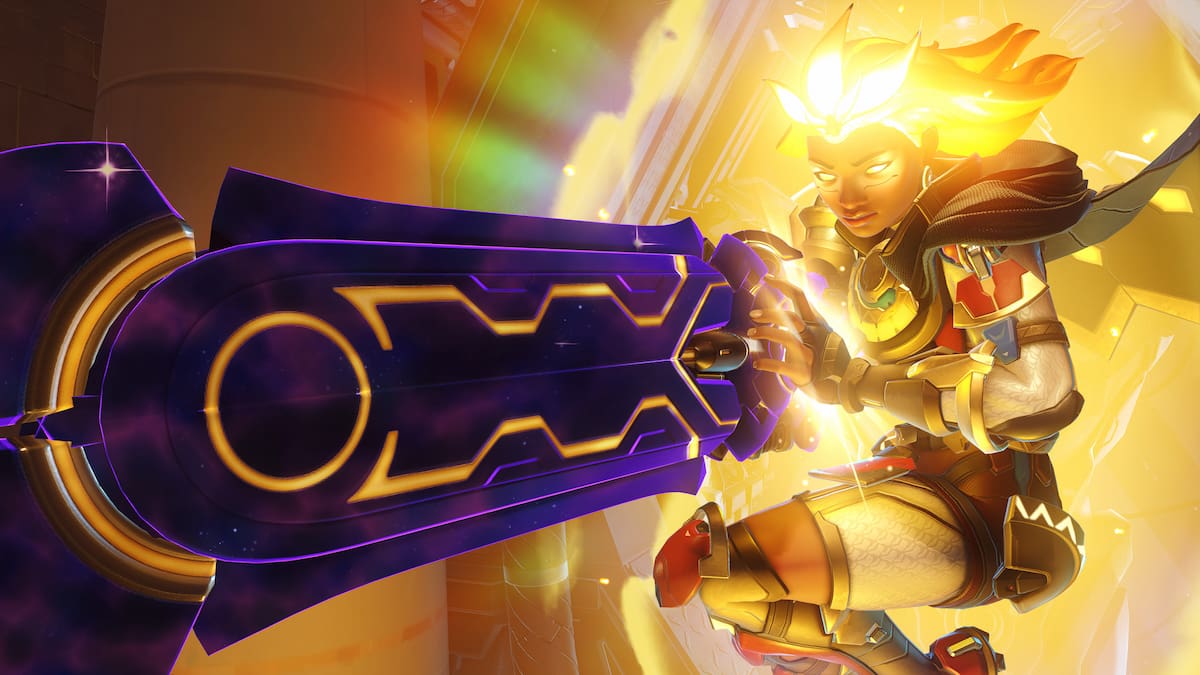
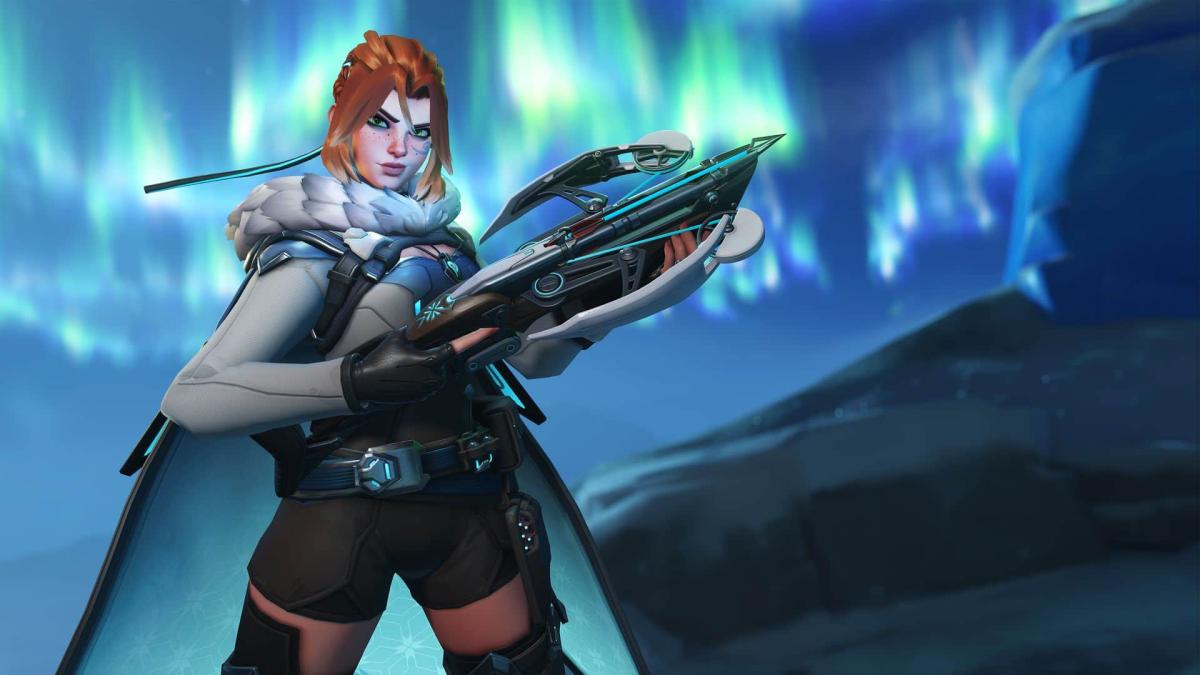
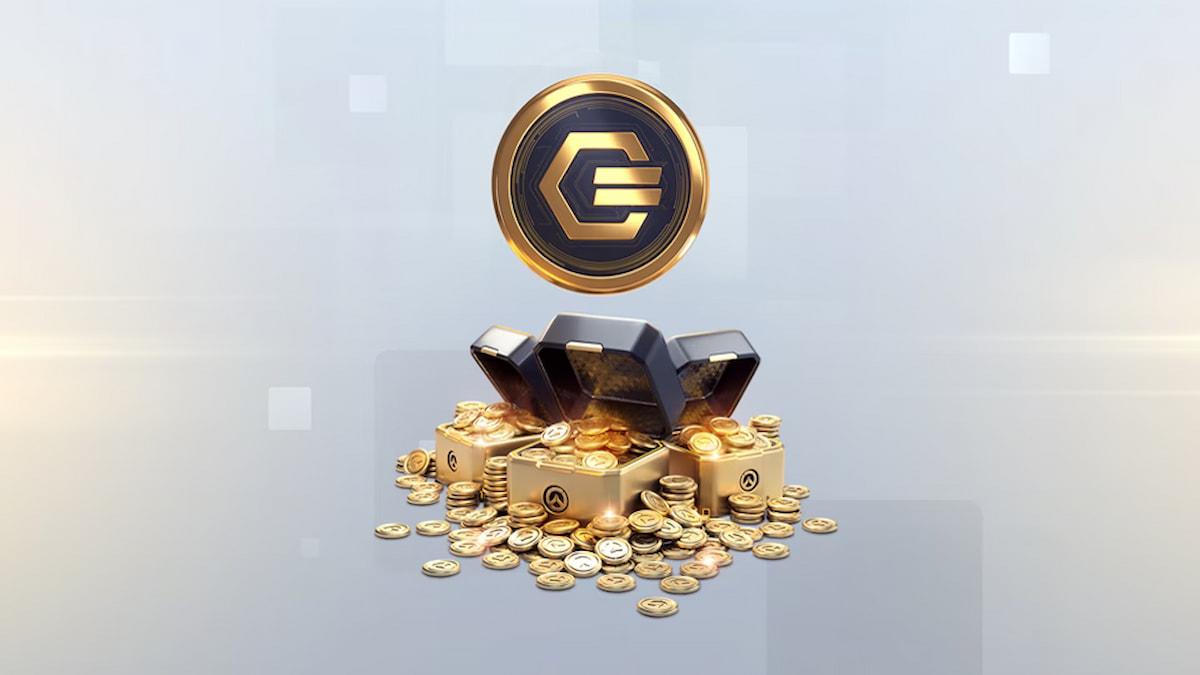

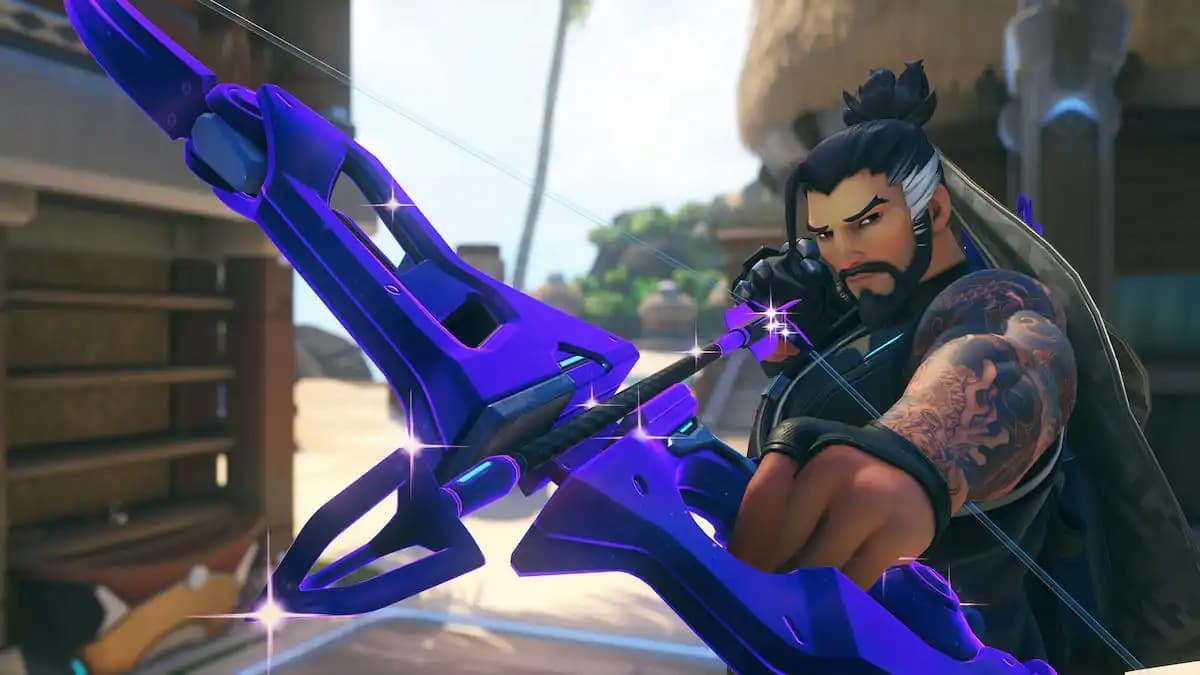

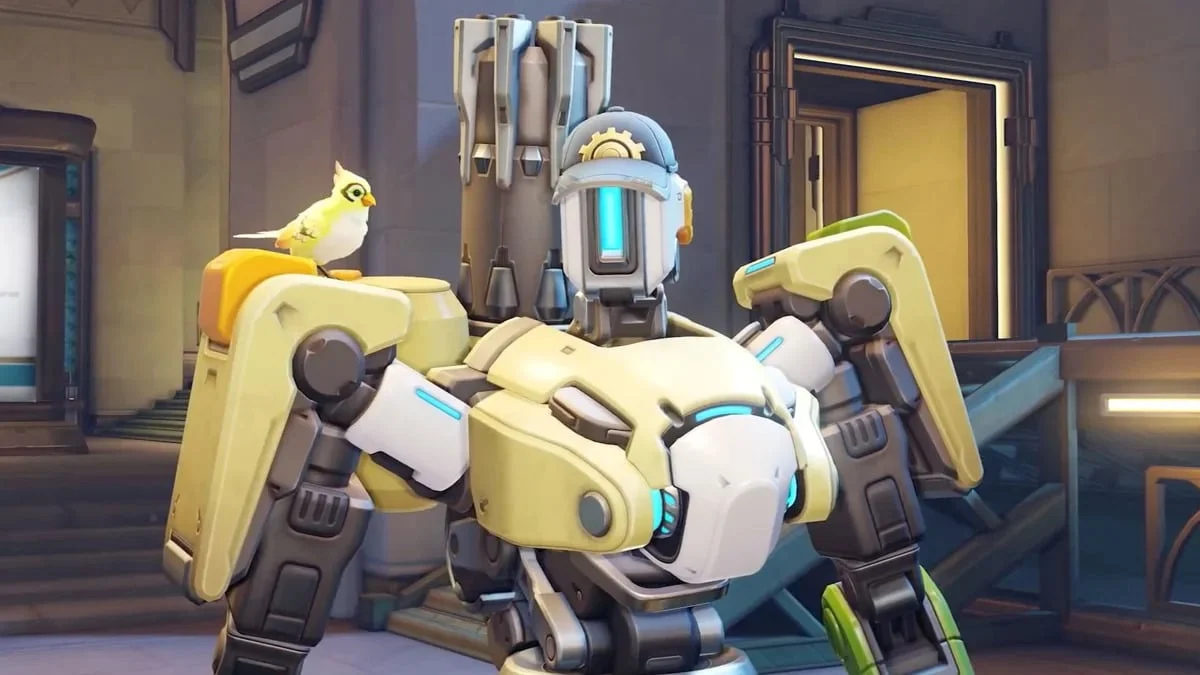
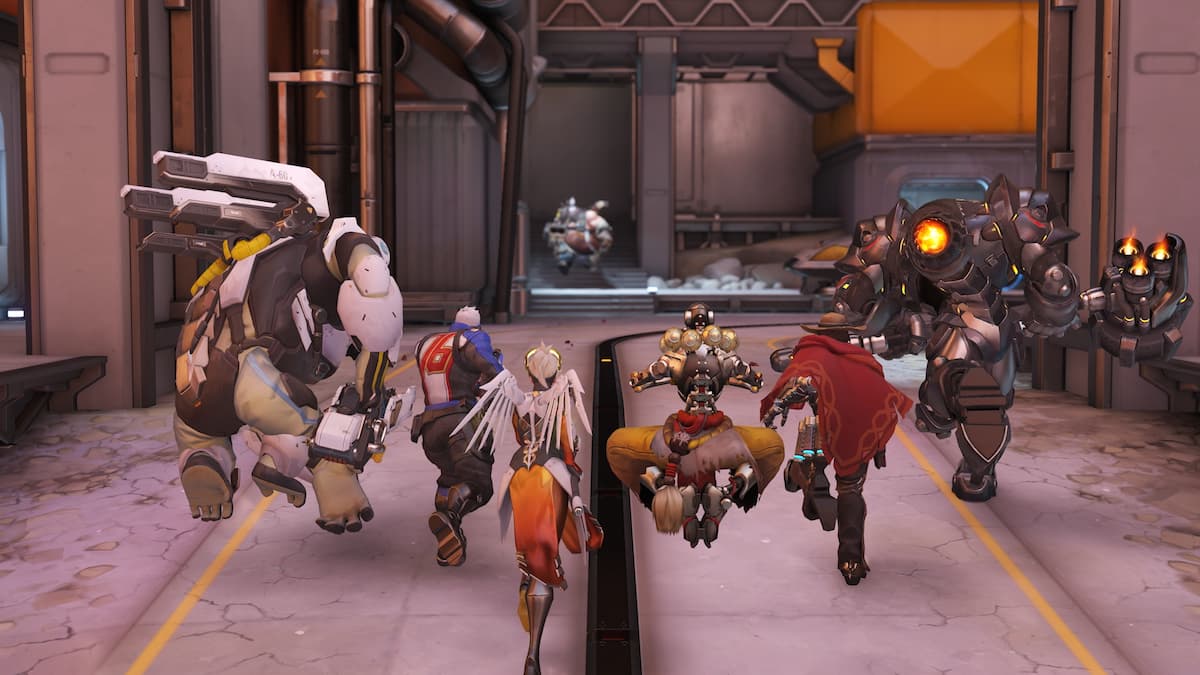


Published: Aug 12, 2023 03:18 pm